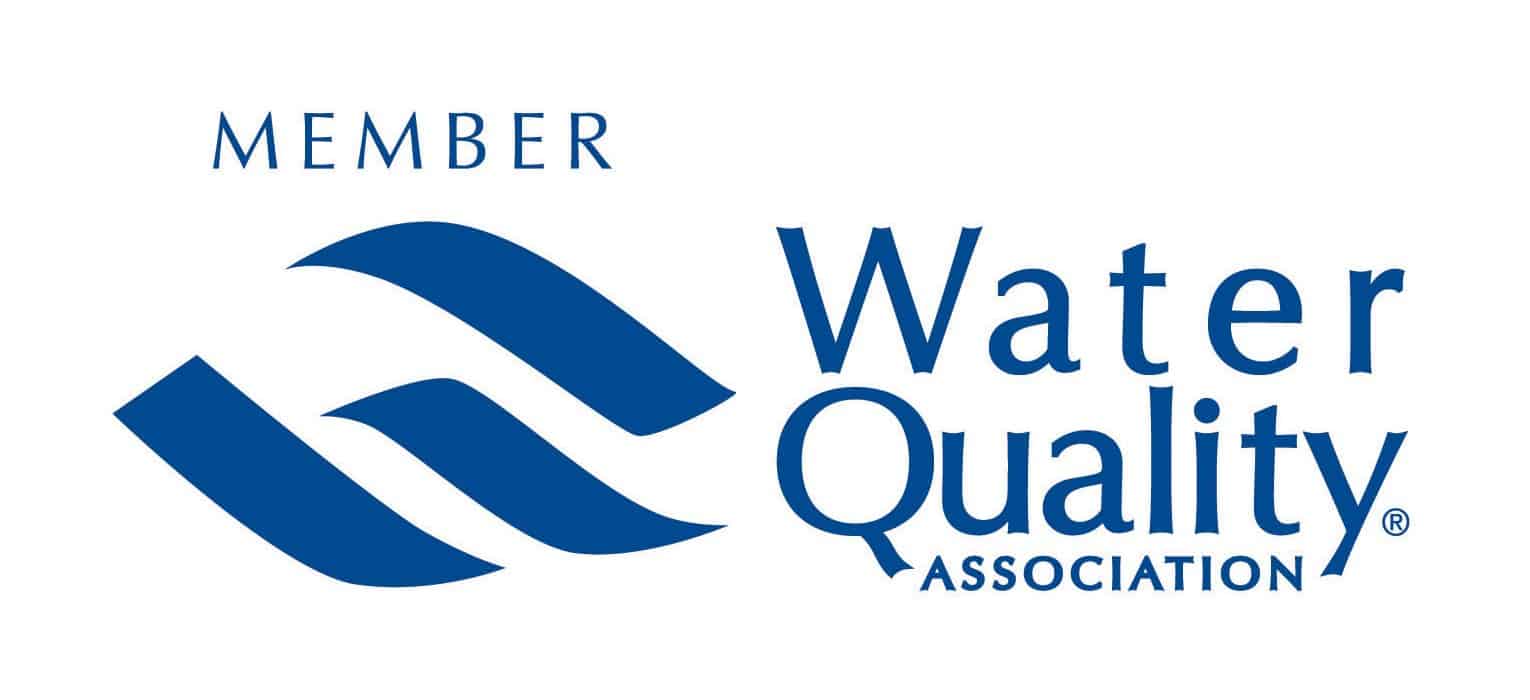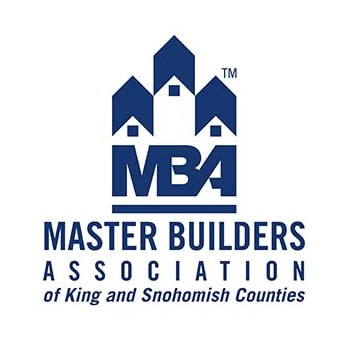What to Inspect When Buying a House
Are you going to be inspecting a house? As a real estate agent, one of the questions buyers often ask me is what kind of inspections I should be doing? Of course, my advice is to inspect everything that could be pertinent to the property.
Inspecting a house is one of the most crucial phases of a real estate transaction.
A home is a big investment, which is why it is so important to look at every little detail before you make your purchase. You can hire a professional home inspector to certify the state of the home you are interested in, so you don’t have to worry about figuring everything out on your own.
However, it is still helpful to have a general idea of what the home inspector will be looking at so you can follow along. The more informed you are, the more comfortable you will be discussing the home inspection results for any home you are interested in purchasing.
Different home inspection companies offer various levels of service. For example, some inspectors may only do the general building and not provide other services that I am about to go over in detail.
Other inspectors offer a full menu of things they will test for, such as radon, mold, water, etc. It is important to ask upfront exactly what you will be getting for your money.
Having been in the real estate business for the past thirty years, I can say with experience that it’s important to understand all the things to inspect when buying a house. You will want to know about potential inspection issues before the purchase of a home and not after!
Take a look at what you should inspect when buying a home!
Common Areas To Cover When Inspecting a House
1. General home inspection
The whole home will need to be examined to make sure it is all in good working order. The basics, like the roof, foundation, plumbing, electrical system, and everything else that makes a house a home, will all be covered in a home inspection.
You want to know that the place will be functional when you move in, so the home inspector will go over it all. Most home inspectors will start with the outside of the building and then head inside after a thorough investigation of the exterior.
Inspecting a house properly takes time. To do a thorough job, the home inspector will need to be in the house for at least a few hours.
Some of the most common bigger exterior issues include:
- Wood and trim rot.
- Failing roof.
- Chimney cracking or re-pointing issues.
- Grading problems that are causing potential water penetration.
- Structural issues with a deck or porch.
- Window issues.
- Bulkhead problems.
Once inside, the basement is the most commonplace home inspectors will start their work. The basement is a critical area of the home; it provides a place for the largest potential issues to be discovered. In fact, probably over 80% of the major issues in a home could potentially start in the basement.
If you think about it, most of the major components are found there, including the heating system, electrical panel, all the plumbing pipes, as well as the foundation and structural support.
Some of the most common bigger interior issues include:
- A heating system past its life expectancy.
- Leaking pipes around the boiler.
- Structural cracks in the foundation.
- An air conditioning system past its life expectancy.
- Electrical issues, including doubt, tapped breakers, grounding issues, and lack of GFCI protection.
- Window or skylight seals that have been broken.
Obviously, there can be a whole myriad of other issues that can present problems as well. If you purchase a home where the owner has advertised the property as being sold as-is, make sure you are extra careful with getting the most thorough home inspection done.
In many circumstances properties being sold “as is” are almost screaming to you that there are problems.
2. Mold
When inspecting a house, mold will be one of the primary things a home inspector will be looking for. Mold freaks home buyers out, which is understandable.
Every home inspection will include a thorough search for mold, especially when a buyer brings up the fact they have some respitory issues.
But what most new home buyers don’t realize is that many homes wind up with mold somewhere.
Anywhere moisture manages to penetrate the shell of the home becomes a prime breeding ground for mold. However, not all mold problems are equal.
If mold is found, it may be a simple thing to fix and something the current owner is glad to take care of. If mold is found – don’t freak out unless the inspector and your Realtor say you should because of the type and severity.
What most people don’t realize is that every home has mold. There are many different types of mold. Some can cause health issues, and others that are very benign.
You should be worried about the most common mold, which, if discovered in a home inspection, is known as Stachybotrys chartarum. This is a toxic mold that should be dealt with right away.
Mold removal costs can vary dramatically from company to company. I would highly recommend getting multiple bids from professional mold removal companies.
Here is a detailed article worth looking at in regards to what you need to know about mold.
3. Radon
Radon is a radioactive material that can be distributed in the soil below and surrounding a home. If the concentration is strong enough, the radon can pose a health hazard to the home’s inhabitants. Because of the home’s enclosed structure, the radon can become trapped, and those in the home can be exposed to such a degree that they are endangered. Radon exposure happens over an extended period of time of living in the home.
A radon inspection will check on the levels of radon in the air. If radon is present and is a concern, some things can be done to remediate the home to safe levels. US EPA has set an action level of 4 pCi/L. At or above this amount of radon, the EPA suggests taking corrective measures to reduce your exposure to radon gasses.
Remediation of radon in the air is relatively easy to do. Some companies specialize in doing so. Essentially a PVC pipe is run through the basement floor up and out the roof of the home. A fan is attached to the pipe that creates a vacuum and draws the radon up through the pipe and out of the house before it can ever get inside.
Most radon removal specialists guarantee they will reduce the levels below 2 pCi/L by installing a radon mitigation system. The cost of removing radon runs between $1000-1500 in most places.
You should also be aware that it is possible to have radon in your water if you are serviced by an artisan well. Removing radon from water is far more expensive than in the air.
Removal of radon in water can run you about 5000-6000 dollars on average. There are two methods of removal which are discussed in the referenced article. When inspecting a home, radon should be added to the list of things to check.
4. Pests/Insects
Another common issue to check for when inspecting a house is pests or rodents. It can be normal in older homes to find yourself dealing with the occasional mouse or ant problem. But a few mice or some ants in the sugar are a far cry from a true pest or insect infestation.
Some homes have serious problems, problems you need to know about before you move in.
Termites, for instance, can ruin the structure of a home if left unaddressed. Orkin has some great information on how to identify termites worth checking out.
The home you are buying could have a major problem with bats in an attic. If you don’t like bats, you’d want to know about such a problem. If you don’t have an inspection, you would probably never know.
5. Lead paint
Older homes will commonly contain lead paint. While the paint doesn’t pose a danger unless you ingest it, the current owner is still legally obligated to inform you of the presence of lead paint.
If you plan on having children in the home, you want to know about the paint issue. The home inspector will verify whether lead paint is present and will let you know either way.
Lead paint is the only federally mandated item that all sellers must disclose to a buyer. Every state differs other than lead paint on what must be disclosed when selling a home. Real Estate agents are also held to a different standard than homeowners when it comes to disclosure.
6. Well water if not public
If the home you are interested in gets its water from a well, the home inspection will need to include a careful look at the well’s state. The quality of the water and the flow rate are things you should be aware of before purchasing the home.
Failing to look closely at the well can put you in a bad position as a new homeowner. New wells are expensive to drill, so you want to ensure that the existing well is a good one. The well is an inspection item that is often overlooked by many home buyers.
Not testing a well is a big no-no and could certainly come back to haunt you. Don’t assume that you have a great well if you have good water pressure coming out of the faucets. That is not the case!
7. Septic system
Septic systems must be carefully managed if they continue to handle the waste produced by the home. When you buy a home, you want to know that the septic system is working correctly because fixing such a system or replacing it is costly.
Here in Massachusetts, we have a regulation known as Title 5. Title 5 requires owners to get their septic system tested before selling to a buyer. Replacing a septic system is very expensive, so you will want to ensure it is functioning properly.
Homebuyers are not able to get a loan without a passing Title V. When purchasing a home, you should look over the Title 5 septic report very carefully.
One particular area that should concern buyers is the “bedroom capacity” the system is rated for. For example, the system could be rated for three bedrooms.
If your system has a capacity for three bedrooms, the home should not be marketed as a four-bedroom, even if four bedrooms actually exist in the home!
8. Smoke/carbon monoxide detectors
Laws can differ depending on where you are buying, but in many places, there are requirements for smoke and carbon monoxide detectors in any home being sold.
An inspection will include examining existing detectors and their functionality and will list the need for any new detectors based on current regulations.
Again, here in Massachusetts, the seller is required to provide the buyer a certificate at closing saying there are working smoke and carbon monoxide detectors in the home. The certificate is granted by the local fire department, which inspects the detectors.
You can read about the Massachusetts carbon monoxide and smoke detector law here. Once you own the home, it will be your responsibility to keep them in working order.
It is important to find out how the state you are purchasing in handles their detector laws.
9. Miscellaneous Things to Check When Inspecting a House
(1) Asbestos
Like lead paint, asbestos was a common material used in home building for decades. The material is extremely fire retardant and was commonly used as insulation in older homes.
Unfortunately, when disturbed – such as when people are wandering around the attic or installing new insulation – the fibers in the asbestos can become airborne and be inhaled.
The barbs on the fibers can become stuck in the lungs and lead to cancer many years later. Your inspection should inform you if the potential for asbestos is present.
The barbs on the fibers can become stuck in the lungs and lead to cancer many years later. Your inspection should inform you if the potential for asbestos is present.
I mention “potential” because you cannot say for certain a material contains asbestos unless it is sent to a lab and tested.
Many homeowners will choose to leave asbestos as is because it only presents a danger if disturbed, and replacing it can be expensive. But whether you choose to leave it alone or replace it, you need to be aware of its existence in your home.
(2) Toxic materials
Lead paint and asbestos are the most common toxic materials found in older homes, but they are not the only materials present in a home you are looking to purchase. The home inspector will be on the lookout for any other toxic materials you should be concerned with before buying the home.
Final Thoughts on Inspecting a House
Understanding the current state of the home you are buying is important. Even if you are quite confident, there are no major issues; a home inspection is a great opportunity to learn about the property’s inner workings.
They are a great educational experience if you hire an excellent inspector. Always do your due diligence.
When it comes time to negotiate items found during the inspection, make sure your requests are reasonable ones. Don’t expect the home to be perfect. That is not why you are doing an inspection.
Consult with your real estate agent about how to go about negotiating inspection problems. Always remember what you are buying. All homes have flaws, and the seller’s job is not to provide you with a 100 percent issue free dwelling.
Hopefully, you now have a better understanding of inspections when buying a home.




